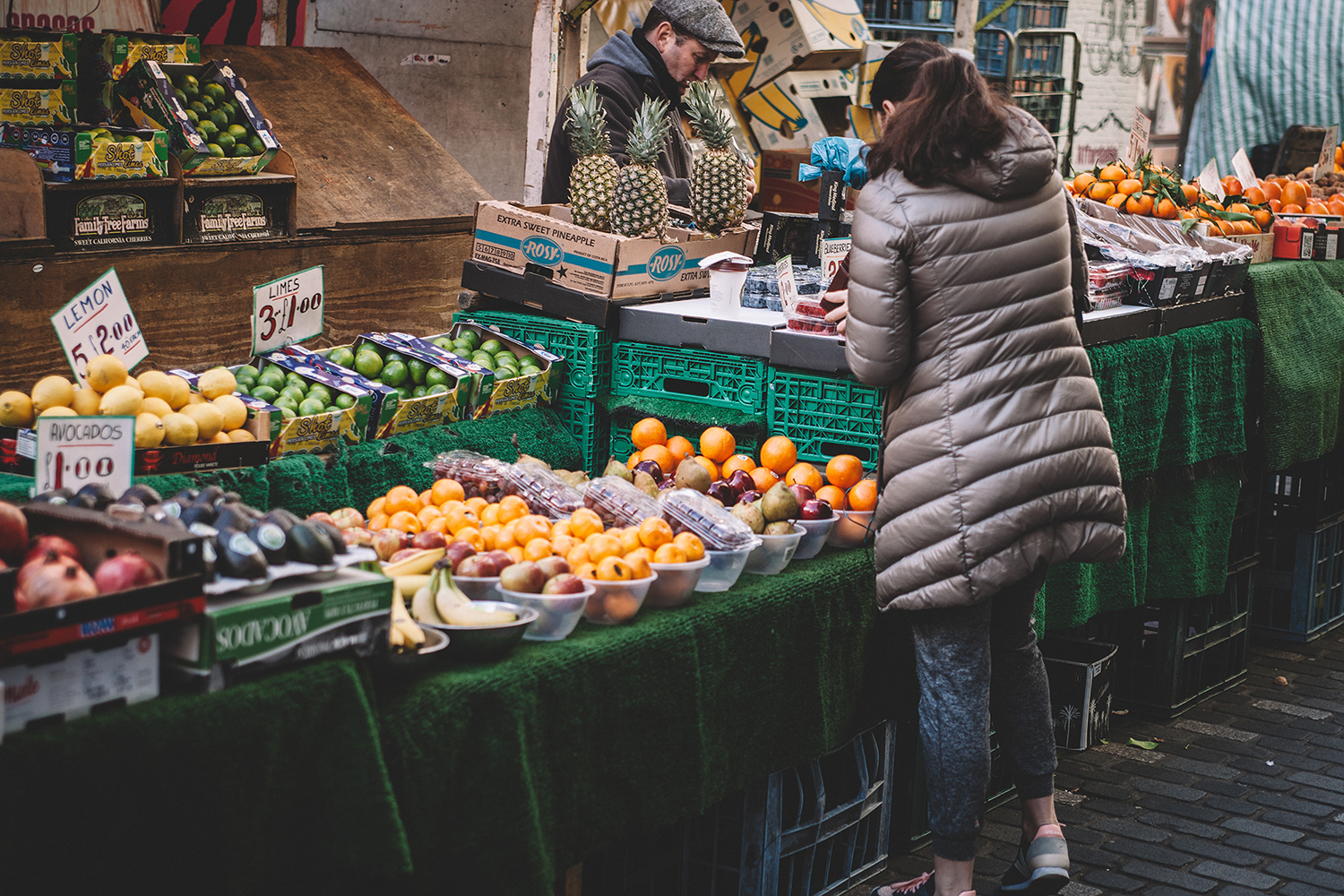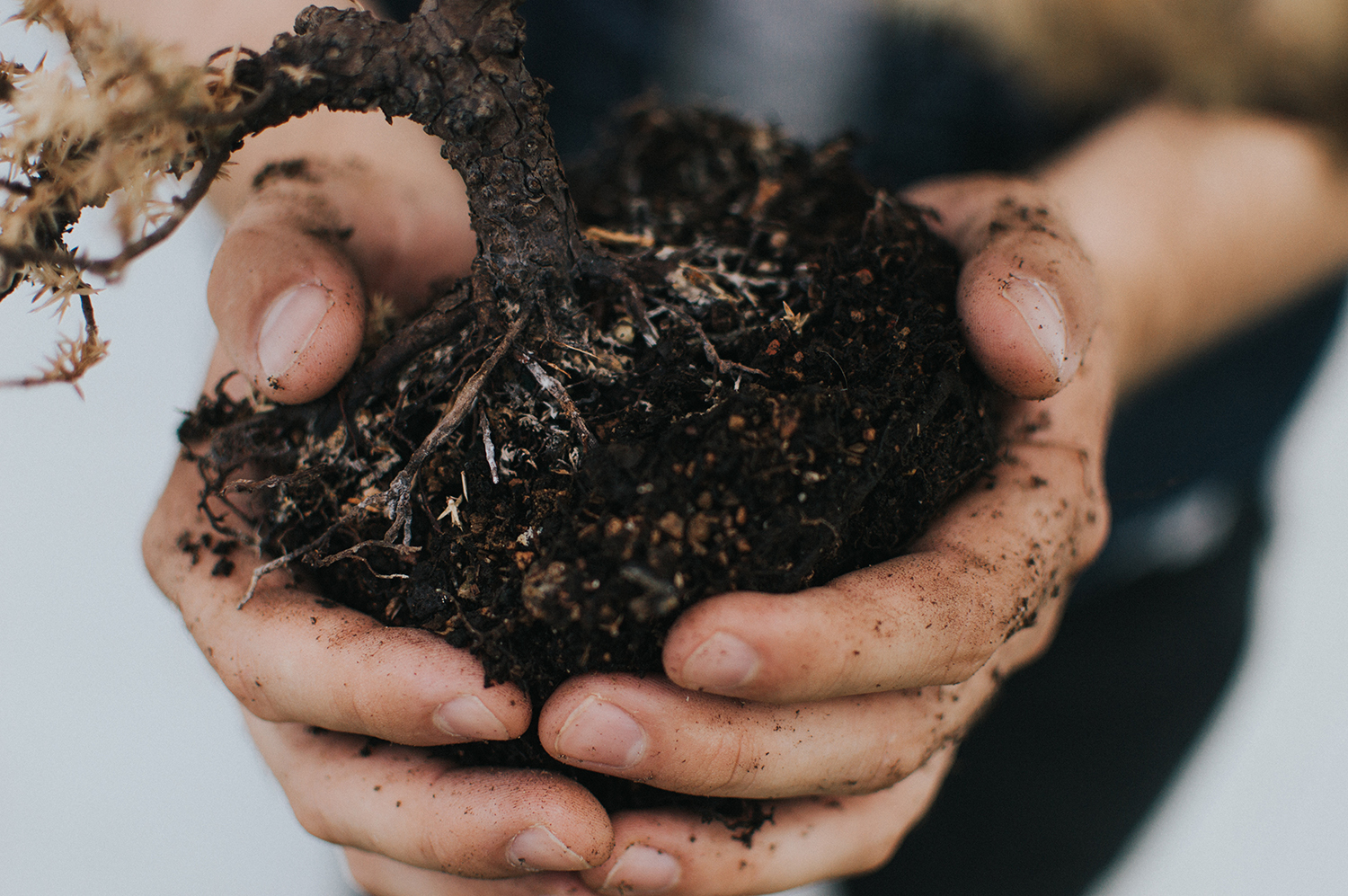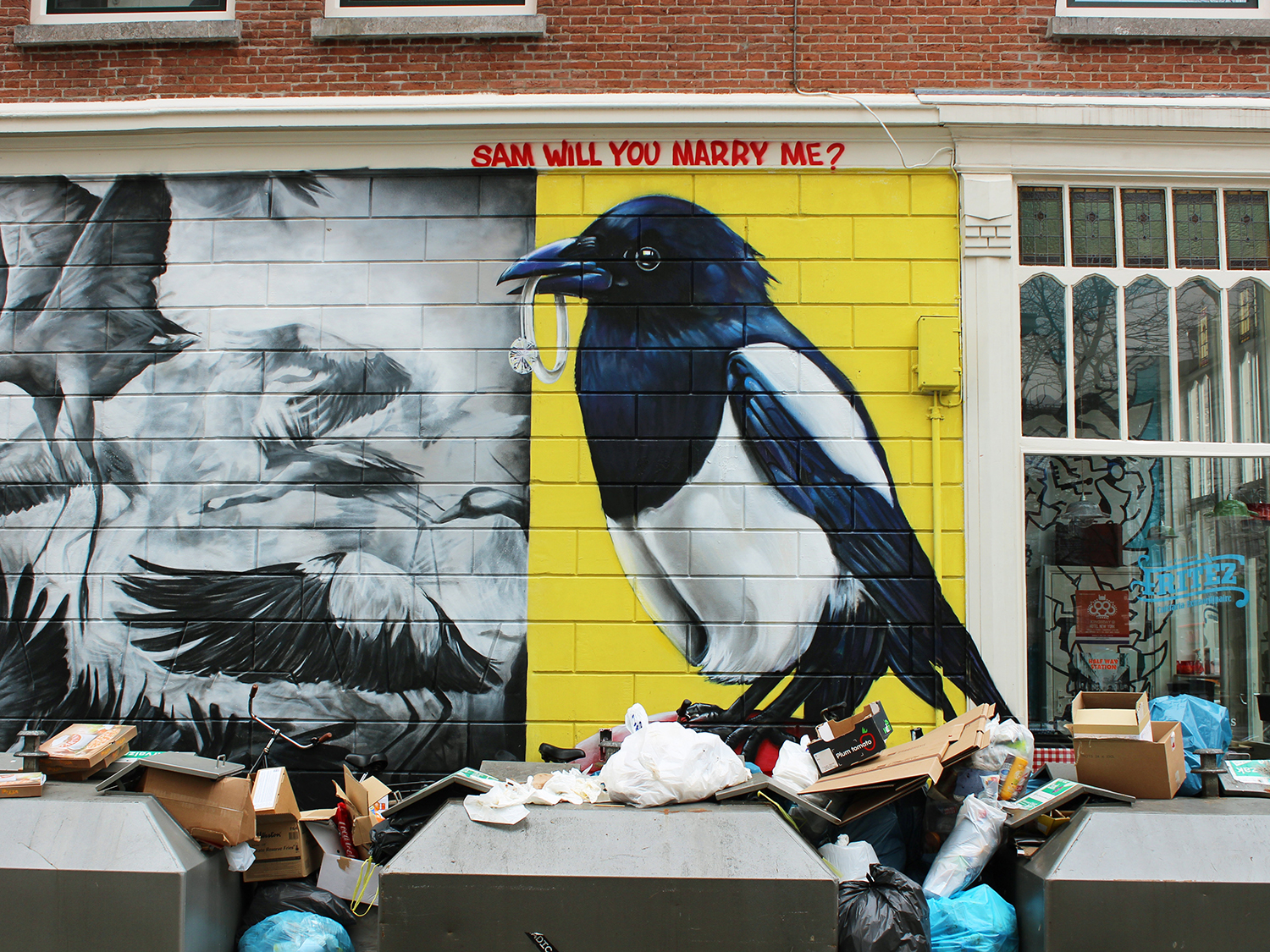Food waste is one of the biggest sustainability issues of our time. Caitlin Jordan tells us why and what we can do about it.
For my first blog post since starting in my new role as Project Manager, I wanted to open with a topic I’ve been thinking a lot about lately – food waste. Why have I been thinking about this issue? Because the facts are just astounding!
Food waste facts
- One third of all food produced for human consumption is lost or wasted every year equating to around 3 billion tonnes!
- One in nine people around the world do not have enough food to eat – that translates to 793 million people who are undernourished.
- It is estimated that 40% of fruits and vegetables grown nationally in Australia are discarded before even making the shelves of our big supermarkets.
- Australia’s strict fresh produce grading systems mean that our fresh food items are regulated not on taste or nutritional value but are instead graded based solely on size, shape and appearance.
- 35% of the average Australian household bin is food waste.
- The average Australian household throws away 14% of food bought which adds up to a $9.6 billion per year of food waste according to a Food & Farming report by the 2017 RaboDirect Financial Health Barometer.
- Despite these staggering figures, nearly three million people are living in poverty, one quarter are children.
- One in six Australians still experience food insecurity – they do not have access to a sufficient amount of healthy and nutritious foods on a day-to-day basis.
Why should I care?
“Food waste is a global issue but it also affects us all locally.”
We live in a finite world with limited resources – something we should all try to remember in this consumer driven society we live in – which is why it is heartbreaking to conceive that one fifth of all food bought ends straight up in landfill, contributing to the 8.2 million tonnes of food waste generated in Australia. If we could rescue just one quarter of the food currently lost or wasted, it would be enough to feed 870 million hungry people.
So why is food waste a sustainability issue?
“8% of greenhouse gases heating the planet are caused by food waste.”
Once in landfill, food breaks down and releases methane gas which is 25 times more potent than the carbon dioxide (CO2) pollution produced from cars. When it enters our atmosphere it compounds the Earth’s greenhouse effect and is thus a major contributor to climate change.
This is not to mention the waste and destruction of other precious resources:
- the copious amounts of freshwater;
- the excessive clearing of forests and draining of wetlands;
- the unnecessary deaths of millions of farm animals;
- the purposeless application of fertilisers and pesticides; and
- the billions of dollars’ worth of human labour that is wasted to produce food that is unused or uneaten.
The good news
“Let’s start a war (on waste).”
The good news is that food waste and food insecurity are continuing to gain momentum on various sustainability, environmental and social justice agendas/platforms across Australia and the around the world.
Organisations and progressive governments are striving to make our global food production more sustainable and environmentally friendly through education, waste tracking and better date labelling.
What can I do at home
1. Plan your menus

- Being mindful of buying seasonal fresh produce and keeping track of the ‘use by’ and ‘best before’ dates on your food items is a very good place to start when planning your menus at home.
- Look in the fridge before you go to the shops to see what you can make with what your already have before you buy more fresh produce.
- Try making a soup, lasagne, pasta sauce or any meal that can be loaded with vegetables that need to be used up once a week.
2. Eating out

- Choose to eat at cafés and restaurants that have a seasonal menu.
- When eating out, be careful not to over-order (try not to be tricked by up selling to larger portion sizes or adding ‘extras’ you won’t finish).
- Ask for take away bags and stipulate ‘at your own risk’ if businesses have restrictions on taking food away from their premises.
- Carry a reusable take away container with you when you go out for meals.
3. Be sustainable and buy local

Support your local organic grocers, bakeries and butchers (if you do decide to eat meat) and avoid shopping at the big supermarkets where possible. This will help reduce food mileage and support your local community.
4. Compost

Introduce a compost into your home (it’s easy once you repurpose/buy yourself a little bin for food scraps). Some councils in Australia offer this as a free service and deliver green bins to your home and collect them weekly. Unfortunately, this is not an incentive in all councils/all states, so if you live in an apartment building in Melbourne, for instance, you might want to consider a worm farm to dispose of your compost scraps.
5. Go dumpster diving!

No seriously, this is a legitimate way to save money and reduce wastage at your local supermarket if you’re not afraid to get your hands (and maybe some other body parts) a little dirty. Plenty of edible and in-date food ends up in dumpsters because labels are ripped or something is not quite right with the packaging.
These are just a few handy and easy tips to help us all make a difference in reducing our food waste and carbon footprint… hopefully, some food for thought.
Don’t miss our next post which will introduce some awesome organisations doing work in this space!
Leave a Reply